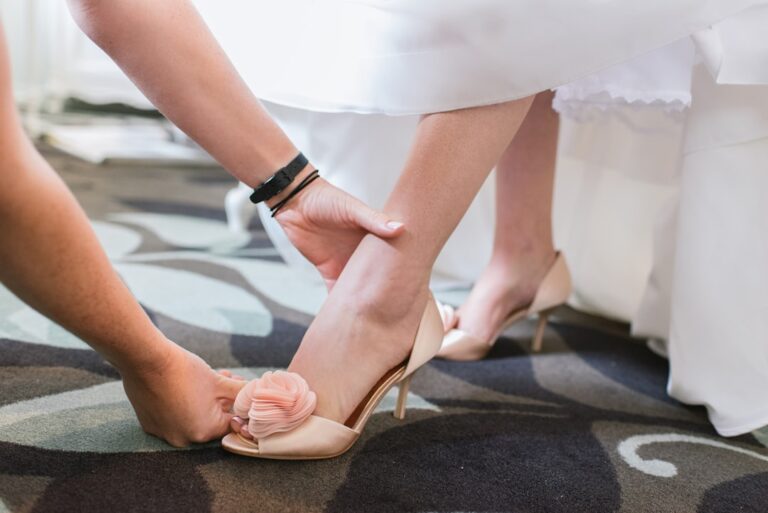Few situations are more emotionally confusing than receiving a message from an ex. Whether it arrives out of the blue or after lingering silence, it can send your mind racing with questions. Are they missing you? Do they want to get back together? Or is it something else entirely?
Understanding why your ex is reaching out requires a closer look at human psychology, emotional behavior, and interpersonal dynamics. In this article, we’ll break down the most common reasons why exes get back in touch, what their messages might really mean, and how you can respond in a way that serves your emotional well-being.
Emotional Motives Behind the Message
While each person and relationship is unique, many exes reach out for emotionally driven reasons—even when they’re not fully conscious of them. Here are some of the most common motives:
1. Nostalgia and Sentimentality
Memories have a powerful way of resurfacing, especially during emotionally vulnerable times. Holidays, anniversaries, or even a familiar scent or song can reignite feelings tied to a past relationship.
- They may be reminiscing about good times shared with you.
- Their message could stem from a wave of nostalgia rather than a genuine desire to reconnect.
2. Loneliness and Emotional Need
Loneliness is a significant trigger for reaching out to an ex. When people feel emotionally isolated, they often gravitate toward the last person who offered them emotional intimacy—even if the relationship wasn’t ideal.
- This contact may occur during late-night hours or after major life changes.
- It’s important not to confuse emotional need with true romantic interest.
3. Seeking Closure
Some exes may feel they need closure they didn’t get during the breakup. They might reach out to explain their actions, apologize, or fill in emotional blanks.
- Closure is often more for the sender than the receiver.
- If they’re seeking forgiveness or understanding, listen carefully—but only engage if it feels emotionally safe.
4. Guilt or Regret
When someone ends a relationship or behaves poorly during or after it, guilt can eat away at them. Reaching out could be an attempt to ease their conscience.
- Apologies may stem more from their discomfort than from concern for you.
- This doesn’t necessarily indicate emotional growth or relational readiness.
5. Rekindling the Relationship
Sometimes, an ex genuinely wants to reopen the door to the relationship. This is often the most complex motive to process and can be accompanied by mixed signals.
- They may have realized what they lost after experiencing other relationships or personal growth.
- A desire to reconnect should be backed by real change—otherwise, you may find yourself in a repeating cycle.
Behavioral Clues: What Their Message Might Mean
Reading between the lines of what your ex says can offer insights into their intention. Here’s how to interpret the tone and content:
Friendly or Neutral Messages
If they say something casual like “Hope you’re well” or “Just thinking about you,” they’re likely feeling sentimental or checking in for ego validation.
Apologetic or Reflective Messages
Messages that express remorse, understanding, or deep emotion may signal that they’ve processed the breakup and want to clear the air or reconnect in a more meaningful way.
Flirty or Direct Messages
If your ex sends messages with a flirtatious tone or rekindles shared inside jokes, they may be testing the waters for rekindling intimacy.
Mixed Signals Over Time
Repeated outreach followed by silence can indicate emotional confusion. Perhaps they’re unsure about what they want, or they’re seeking attention without commitment.
Psychological Factors Driving Their Behavior
Understanding the psychological underpinnings of your ex’s outreach can help you avoid misinterpretation and protect your emotional space.
Attachment Styles
Attachment theory explains how early relationships influence our relational behavior. Your ex’s attachment style may drive their actions more than they realize.
- Anxious attachers might reach out frequently to seek reassurance.
- Avoidant types may reach out unexpectedly, only to pull back again.
- Secure attachers generally communicate more clearly about intent.
Ego and Validation
Sometimes, an ex reaches out not from emotion but ego. They may want to confirm they still matter to you or gauge if you’ve moved on.
- This can be especially true if they see you thriving and want to assess how much influence they still have over your emotions.
Fear of Moving On
For some, reaching out delays the finality of the breakup. They don’t want to get back together but may not want to let go completely either.
- This can result in an emotionally draining situation for you, known as an “emotional limbo.”
How to Respond: Protecting Your Peace
How you choose to respond can set the tone for future interactions and impact your emotional recovery. Here are steps to navigate the situation mindfully:
1. Pause and Reflect
Before replying, take a moment—and likely more—to process your emotions. Ask yourself:
- Why do I think they’re reaching out now?
- How do I feel reading this message?
- What do I want or not want from this interaction?
2. Assess Emotional Safety
If the relationship was toxic or abusive, prioritize your healing. In many cases, no response is the healthiest response. Reconnection could reopen wounds that have begun to heal.
3. Communicate Boundaries Clearly
If you choose to reply, it’s okay to set limits. You could say:
- “I appreciate you reaching out, but I’m not in a place to revisit the past.”
- “I’m focusing on healing and need space right now.”
4. Don’t Romanticize the Past
The brain often filters memories through a rose-colored lens. Remind yourself why the relationship ended and be honest about whether enough has changed for a different outcome.
5. Seek External Support
Talking to a therapist or a trusted friend can help you gain perspective. Emotions can cloud judgment, and an outside voice may assist you in seeing the full picture.
Scenarios and Their Implications
Still wondering what their reach-out might mean? Here are a few typical scenarios and how to interpret them:
Scenario 1: The Drunk Text
This late-night message typically reflects impulsivity and loneliness, not a stable desire to reconnect.
Scenario 2: The Casual Check-In
If it’s been months or years and they just say hi without substance, they may simply be curious or looking for validation.
Scenario 3: The Meaningful Apology
This may indicate emotional growth, but doesn’t necessarily mean reconciliation is wise. Evaluate their actions, not just their words.
Scenario 4: Interest in Meeting Again
Pay attention to whether they discuss the past, acknowledge faults, and express genuine change. If not, they may be repeating old patterns.
When to Consider Reconnection
While some situations call for firm boundaries, others might open the door to a potential second chapter. Consider these criteria before re-engaging:
- There was mutual love and respect before the breakup.
- Both parties have done serious self-work since the split.
- They acknowledge past issues and demonstrate change through actions.
- You feel emotionally ready and clear about your intentions.
Trialing a reconnection requires honesty, patience, and boundaries. It’s not about ignoring the past—it’s about learning from it.
Conclusion: Your Emotional Health Comes First
Whether your ex reached out to find comfort, seek closure, or rekindle something more, remember one thing: you are not obligated to revisit the past at the cost of your peace.
Honor your healing process. If you’re unsure of their intent, it’s okay to ask directly or take your time before responding. Clarity comes from reflection, support, and steadfast self-respect.
Your ex’s contact may be surprising, but your response doesn’t have to be reactive. With awareness and compassion—for both yourself and them—you can navigate this moment with strength and clarity.




